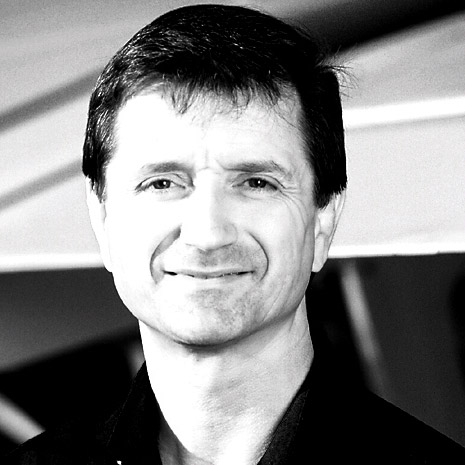Dear Rod:
I disagree with the advice you gave “K.D.” with regard to liability, insurance, and releases in the August 2010 issue of Flight Training. You argued that it would be unwise to ask potential passengers to sign a liability waiver because doing so would cause them to “run for the hills.” Any time I take a passenger with me, I tell him, “I’d be delighted to give you a ride, but you’ll have to sign a release because I can only get $100,000 in liability coverage.” No one has run for the hills so far. Passengers appreciate that it is not reasonable to ask a pilot to put his family’s assets at risk so that a passenger can experience the thrill of flying in a small plane.
Finally, you contended that a court is unlikely to enforce a release. This common misconception is also untrue. Some states do, indeed, refuse to enforce releases, but most do not.
—N.N.
Greetings N.N.:
It does appear that limited liability release waivers signed by passengers might be effective at certain times. How often this waiver holds up in court was best expressed by AOPA counsel John Yodice in his March 1992 AOPA Pilot column, where he said, “It seems reasonable that a person about to accept a free ride in a private aircraft should be able to voluntarily agree in advance not to sue the host. In theory, the law will recognize such an agreement. But as we will see, it is dangerous to rely on this legal theory. In practice, the courts will bend over backwards to avoid the effect of such an agreement.”
An AOPA liability release form can be found online).
Regarding the issue of having a passenger sign a liability waiver, my opinion remains the same. I see people running for those hills. A person’s inability or unwillingness to obtain more insurance coverage is not a sufficient reason for me to sign away my rights to cover my medical costs in the event that you are negligent. With all due respect, I can’t imagine any reasonable person signing away their rights based on this argument.
Dear Rod:
I’ve been looking at different flight training programs and I’m getting a lot of conflicting information. My objective is to earn a private pilot certificate and I’d even consider the sport pilot certificate if that’s more convenient. One of our local flight schools told me that I can expect between 90 and 120 hours of training time for the private pilot. A few students at another school say that it looks like they’ll have 70 hours when they obtain their certificates.
Don’t the regulations indicate that completion time is much less than this? And isn’t it even less for the sport pilot certificate? I’m retired and money isn’t an issue for me. I just want to get a pilot certificate without having to drag out my training. Any suggestions?
—Toby
Greetings Toby:
Today, it’s unusual for students to earn a private or sport certificate in the minimum hours required by the regulations. There are so many reasons for this that it’s not possible to mention them all here. Since your objective is to obtain your certificate quickly, here’s my advice.
I suggest you train at a flight school offering accelerated flight training. Google “accelerated flight training” and you’ll find there are quite a few schools providing this service. For instance, an accelerated flight school that I’m familiar with is MN Aviation, located in Albert Lea, Minnesota (www.MNAviation.info). MN trains people to be private pilots in 21 days from scratch, at approximately 45 hours of flight time. It’s not unusual for their students to solo in 10 to 12 hours, either. Now, to be completely fair, let it be said that there are undoubtedly many accelerated flight schools across the country offering the same type of training with instructors of similar high caliber to those at MN. Your job is to do the necessary gumshoe work and find one that fits your needs.
Sometimes it’s simply more efficient to use a little vacation time to complete your private or sport pilot training at an accelerated school. And if you’ve already had some training but can’t seem to complete the course, an accelerated school might just be what you need to get you into the air.



